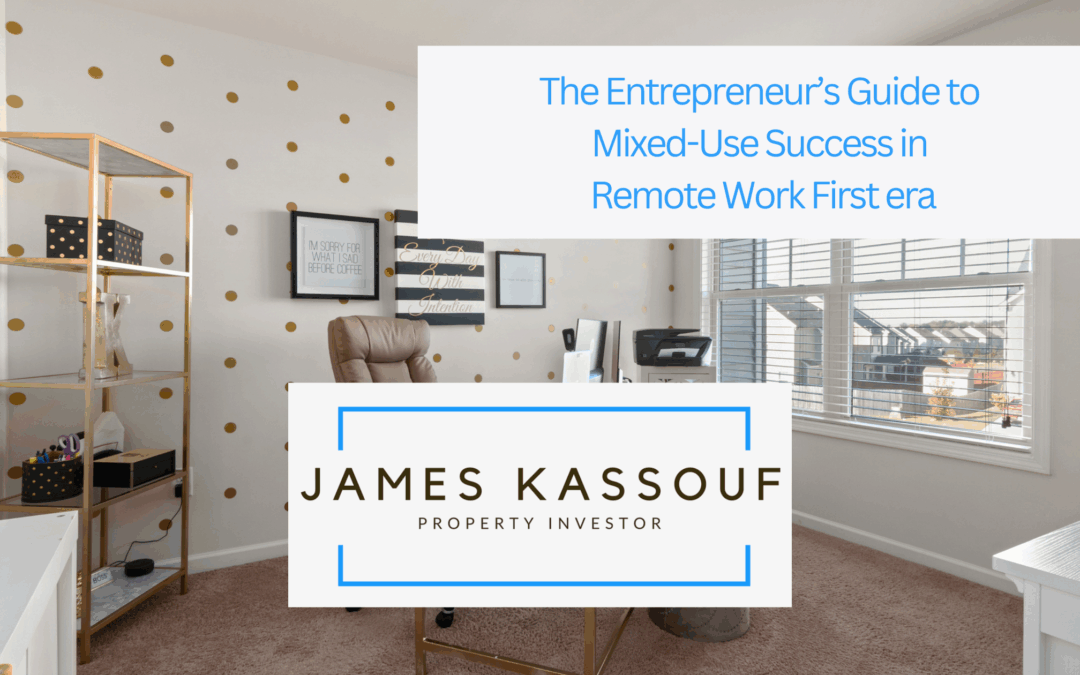The rise of remote work has fundamentally redefined how people live, work, and interact with their communities. For entrepreneurs, this shift has opened a world of opportunity—especially within mixed-use developments, where the boundaries between home, office, and lifestyle spaces are deliberately blurred. As cities and suburbs adapt to post-pandemic realities, understanding how to leverage this evolving environment is key to business success.
In a remote-work-first era, professionals seek more than a place to live; they want integrated environments that support productivity, wellness, and social connection. Mixed-use developments deliver exactly that. With residences, workspaces, cafés, fitness studios, and green spaces all within walking distance, they cater to a generation that values convenience and community. For entrepreneurs, this creates a ready-made audience of residents who live, shop, and work locally—an ideal market for launching and scaling new ventures.
The first step to thriving in this landscape is understanding user behavior. Remote workers often crave flexibility and meaningful connection. Businesses that provide experiences—whether through coworking hubs, wellness services, or local dining—stand out. Entrepreneurs can build micro-communities that bring remote professionals together, fostering loyalty and repeat engagement.
Next, success in mixed-use settings depends on strategic partnerships. Collaboration between local businesses, property developers, and service providers can amplify reach and create mutually beneficial ecosystems. For example, a café could partner with a coworking space to host productivity workshops, or a fitness studio could align with residential managers for wellness initiatives. These partnerships help small businesses thrive while enhancing the overall appeal of the development.
Technology also plays a pivotal role. Entrepreneurs who harness digital tools—like resident apps, online community platforms, and data analytics—can personalize offerings, improve operations, and maintain engagement even when customers are working from home. In an increasingly hybrid world, digital convenience is just as vital as physical proximity.
Finally, sustainability and purpose are now central to consumer decisions. Mixed-use developments naturally support eco-conscious living by reducing commutes and encouraging local economies. Entrepreneurs who align their brands with these values will attract a conscious, community-oriented customer base.
In essence, the remote-work-first era has turned mixed-use developments into dynamic engines for entrepreneurship. They are the new business frontiers—where innovation thrives, community matters, and success is measured not only by profit but by impact. For forward-thinking entrepreneurs, the opportunity has never been greater—or closer to home.

